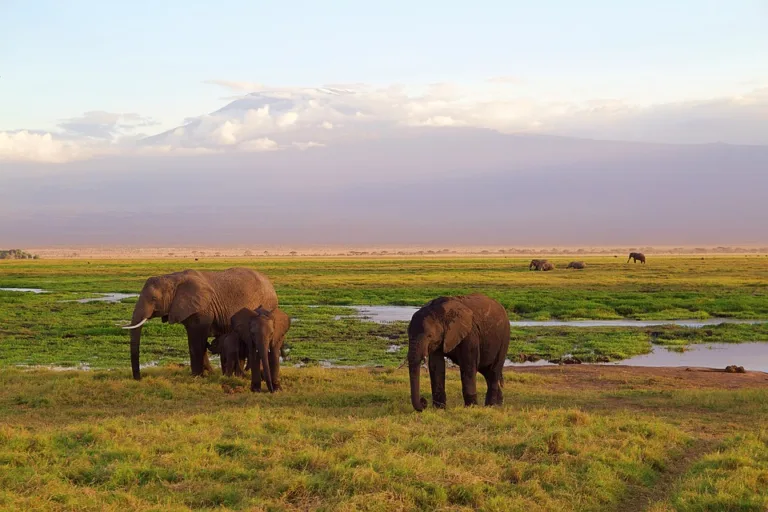
Earth’s annual average temperature is rapidly approaching the 1.5 degree Celsius limit set by the 2015 Paris Agreement, beyond which the impacts of global warming are expected to intensify. Social scientists warn that humanity may be entering a dangerous new era in human history, with increasing climate shocks triggering social unrest and authoritarian, nationalist backlashes. Despite this, there is little public awareness or concern about the impending crisis.
Recent analyses of global temperature data suggest that the 1.5 degree threshold was likely crossed in 2023, and projections indicate that 2024 will be even hotter. Current global climate policies put the world on a path to heat by about 2.7 degrees Celsius by 2100, threatening human civilization within the lifetime of today’s children.
Climate researcher Reinhard Steurer expresses concern that the climate crisis is being overshadowed by other crises, such as inflation and regional conflicts, leaving little focus or effort for climate protection. He believes that major climate institutions will not make official announcements until long after the 1.5 degree threshold is breached, which may already be happening in some years.
There is a disconnect between the scientific reality of the climate crisis and the political and cultural response. The 1.5 degree target, while seen as a key marker by scientists, is largely a symbolic goal in the political world. The current rise of authoritarian forms of nationalism makes it difficult for people to accept the reality of climate change, leading to denial and a lack of action.
Psychotherapist Rebecca Weston explains that people often protect themselves from the fear and grief associated with climate change by denying the problem or blaming others. This deep disavowal is part of a psychological coping mechanism, making it difficult for the public to accept the urgency of the situation.
Sociologist Dana Fisher highlights the lack of focus on studying how people and communities will be affected and react to global warming. The concentration on the physical science of climate change has hindered understanding of social conflicts, climate migration, and necessary social shifts. Passing the 1.5 degree threshold is likely to empower climate activists calling for systemic change, but it may also trigger a backlash and further political and social tensions.
Climate researcher James Hansen criticizes the powers-that-be for maintaining the illusion that they are taking significant action against climate change while continuing to contribute to global warming. He emphasizes the urgent need to stop using fossil fuels and calls for radical measures to address the crisis.
Overall, the increasing climate shocks and the disbelief or inaction surrounding the crossing of the 1.5 degree threshold pose serious challenges for humanity. The social and political responses to this crisis are crucial in determining our ability to mitigate and adapt to the consequences of global warming.